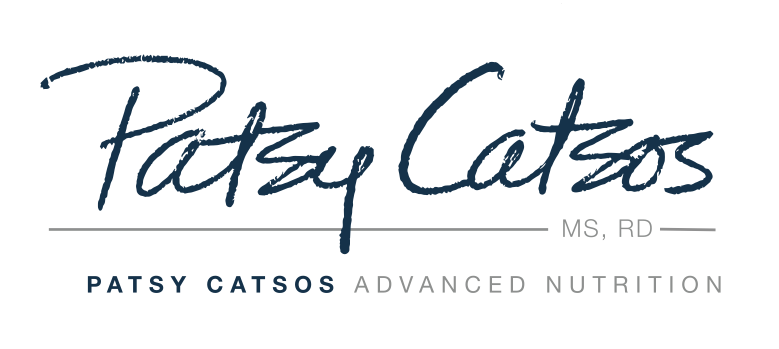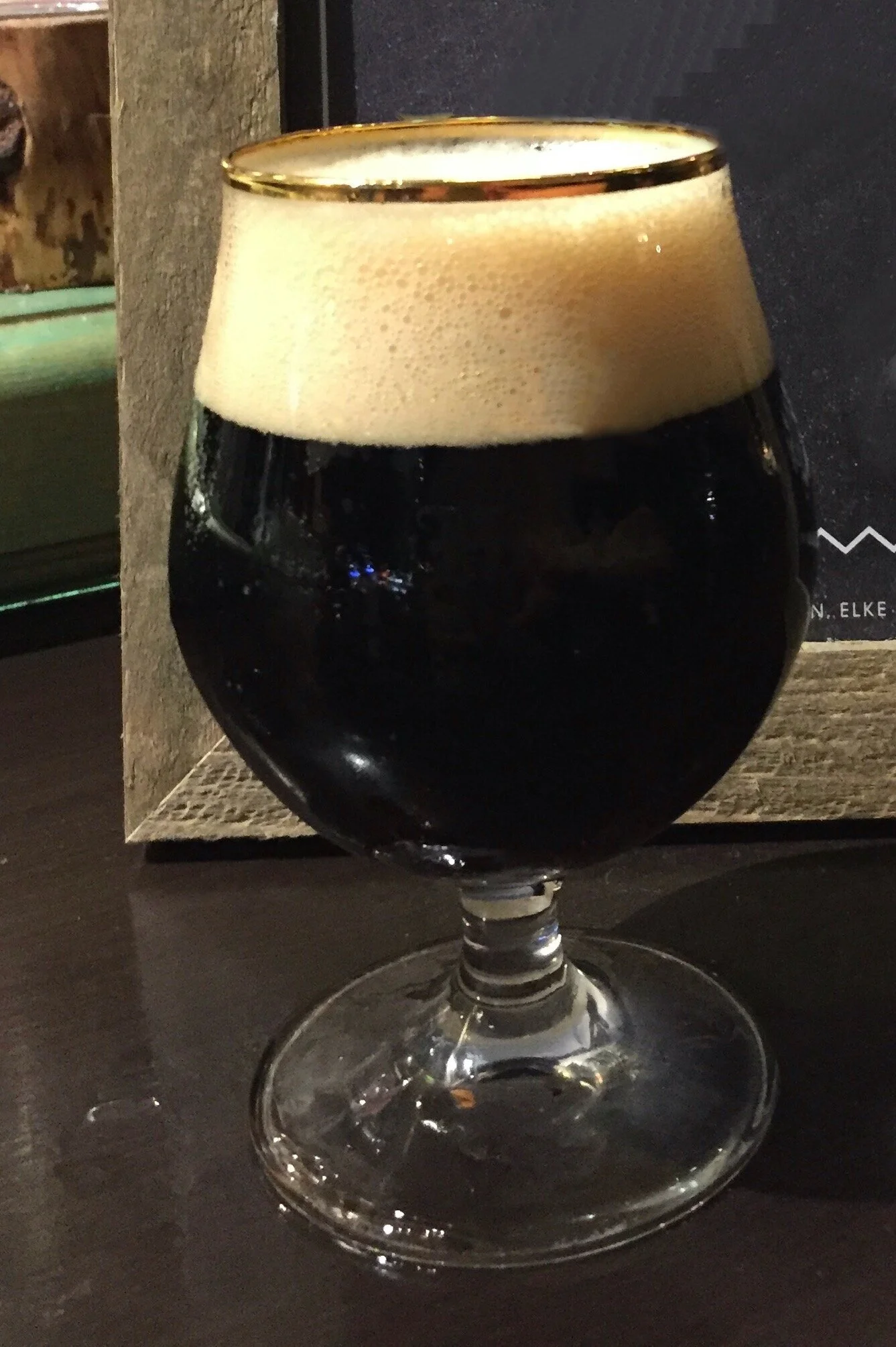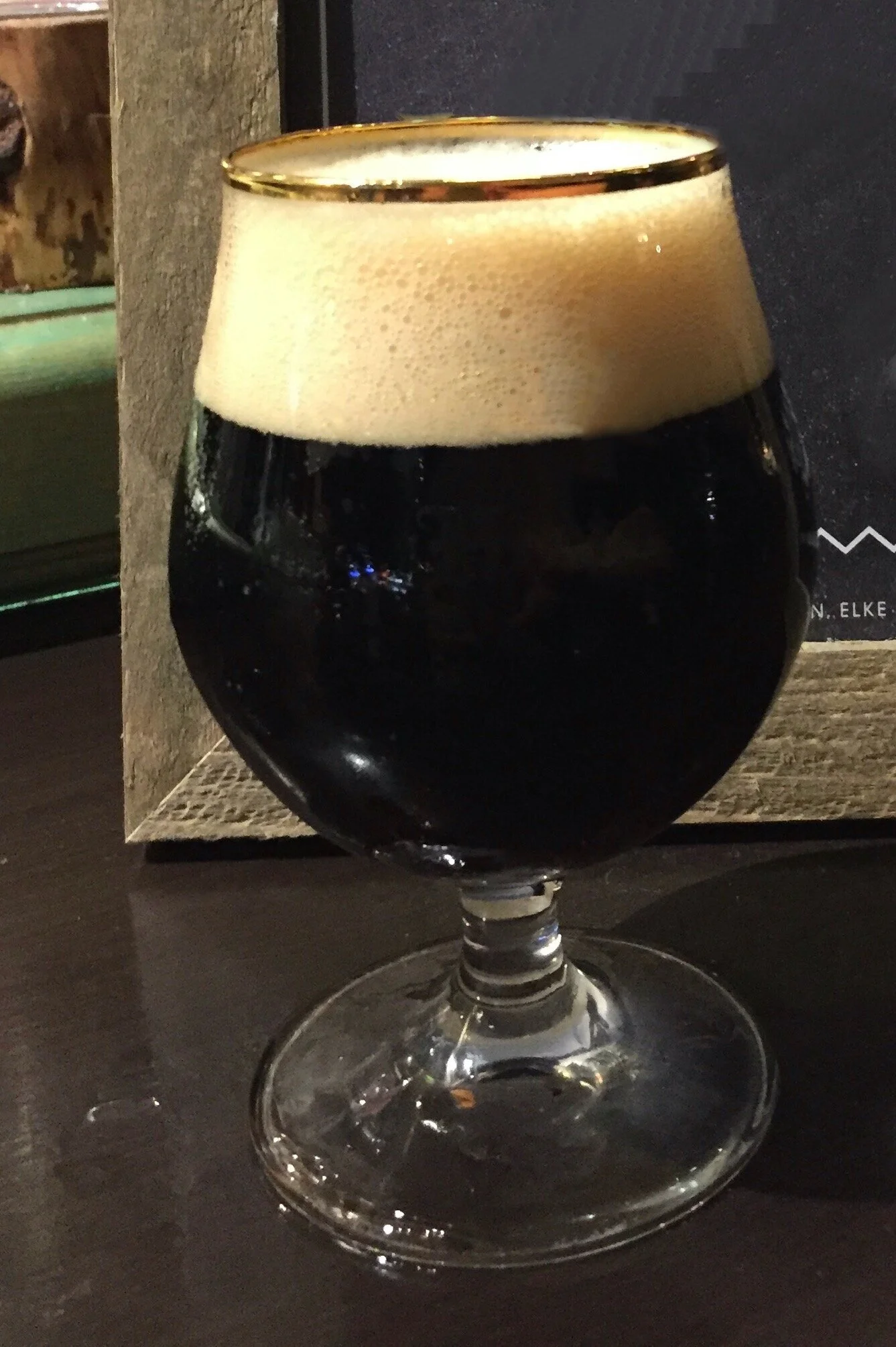Q. I have gastroesophageal reflux disease (GERD). Will a low-FODMAP diet help me? Should it be modified for people with GERD?
Short answer: A low-FODMAP diet might help you if you have IBS and GERD. You might want to modify both how, when, and what you eat during your FODMAP elimination diet if you have both conditions. But if you have GERD only, a low-FODMAP diet is not recommended. Other diet and lifestyle changes will probably benefit you more.
Heartburn and gastroesophageal reflux disease
Most people have experienced heartburn at one time or another. Heartburn is the feeling that results from acidic gastric fluid flowing backward into the esophagus. Other possible reflux symptoms include difficulty swallowing or the sensation of a lump in your throat. Some people with reflux experience disrupted sleep, coughing, and hoarseness. If symptoms occur regularly over a long period of time, it is called gastroesophageal reflux disease, or GERD. The ring of muscle that is supposed to prevent backflow of the stomach contents is called the lower esophageal sphincter (LES). In GERD, the LES opens too easily or too frequently.
GERD in IBS
People with IBS are four times more likely to have symptoms of GERD than other people. The reason for this close association is unknown. Low FODMAP diets haven’t been directly studied to treat GERD. But in practice, many of my patients with both conditions report their reflux symptoms improve with low-FODMAP diet. Maybe it has to do with extra attention to diet quality and portion control. A low-FODMAP diet may reduce the load of excess gas in the intestines. Maybe that reduces upward pressure on the stomach. Maybe there are some direct effects of FODMAPS on the LES that haven’t been fully explored. One study did show that intake of fructans was linked to reduced LES tone in a small group of people.
Top 5 tips for GERD
How much, when, and what you eat are all important when you have GERD! You can try these tips for yourself, whether you are need to follow a low-FODMAP diet or not.
Hold the coffee chocolate stout for now if you have GERD! Ev en if it is low FODMAP, it might contribute to your GERD symptoms.
Lose a few pounds if you are overweight. Excess fatty tissue in your abdominal cavity pushes up on your stomach and encourages the stomach contents to splash up into your esophagus. Even 5 pounds can make a difference!
Eat at least 3 to 4 hours before bedtime. Gravity is your friend. When you are upright, it will keep the contents of your stomach on the earth-bound side until it gradually passes out of your stomach and into your small intestine. Four hours after eating, your stomach should be about 90% empty, a good time to get horizontal. If you lie down too soon, especially on your right side, stomach contents can pool around the opening to the esophagus, allowing reflux to happen more easily.
Don’t overfill your stomach with foods or beverages. When your stomach is empty, it is only the size of your fist! It stretches to accommodate your food and drink, and that stretching cues your stomach to produce acid. More stretching = more acid. Not only that, it takes your stomach longer to empty a big meal before bedtime. Eating smaller meals will help with Tip #1 above, too. Some of you will wonder if my advice applies to water; Isn’t more always better when it comes to water? Not necessarily. Certainly, we can all agree that drinking enough to stay well-hydrated is important for good health, but some people overdo it. If you are a heavy water drinker and you have GERD, try cutting back to 64 ounces of water daily, unless you are a kidney stone former or are sweating profusely due to exercise or hot weather. And try drinking your water between meals to prevent over-distending your stomach at mealtime.
Reduce your fat intake. a tablespoon of olive oil here and there is not a problem. I am talking about rich or high-fat meals, such as meals with significant amounts of butter, cheeses, sauces, fatty meats and fried foods, with ice cream and cake for dessert! Fat takes a long time for your body to digest, so your intestines have a way to put the brakes on stomach emptying when you’ve eaten a high fat meal (the “ileal brake mechanism”). Fatty meals might take all night to empty from your stomach, allowing reflux to occur for hours. Low FODMAPPERs: Fats are not limited on a low-FODMAP diet, so sticking to small portions of these foods is a modification you might have to make your diet if you have GERD.
Avoid the infamous GERD triggers, which relax the LES and allow reflux to occur: Coffee, tea, chocolate, alcohol, and peppermint. Other infamous GERD triggers are high acid foods and beverages such as tomatoes, citrus fruits, hot peppers, and vinegars. If reflux does occur, these foods may be especially irritating. Low FODMAPPERs: These foods are all low in FODMAPs. Cross them off your low-FODMAP food lists for now if you have been having a lot of GERD symptoms, using pencil, in case you can add them back to your diet in the future.
Try these tips for a month or two and you may feel a lot better. Then see if you can enjoy the GERD trigger foods and beverages again if you don’t overdo it.
Talk with your provider about non-diet treatments for GERD. Make sure you understand the importance of quitting smoking, elevating the head of your bed, lying on your left side, and whether you need to use anti-GERD medications.
Further reading
Lovell RM, Ford AC. Prevalence of gastro-esophageal reflux-type symptoms in individuals with irritable bowel syndrome in the community: A meta-analysis. Am J Gastroenterol. 2012;107(12):1793-1801. doi:10.1038/ajg.2012.336
Piche T, des Varannes SB, Sacher-Huvelin S, Holst JJ, Cuber JC, Galmiche JP. Colonic fermentation influences lower esophageal sphincter function in gastroesophageal reflux disease. Gastroenterology. 2003;124(4):894-902. doi:10.1053/gast.2003.50159
This page may contain affiliate links. We are a participant in the Amazon Services LLC Associates Program, an affiliate advertising program designed to provide a means for us to earn fees by linking to Amazon.com and affiliated sites.


